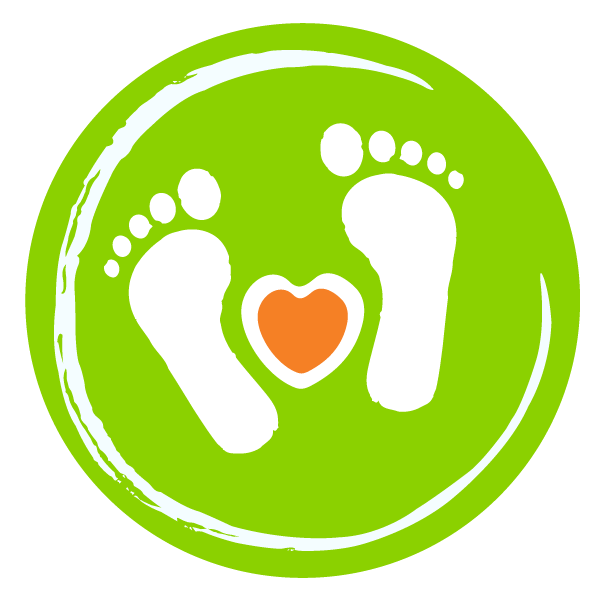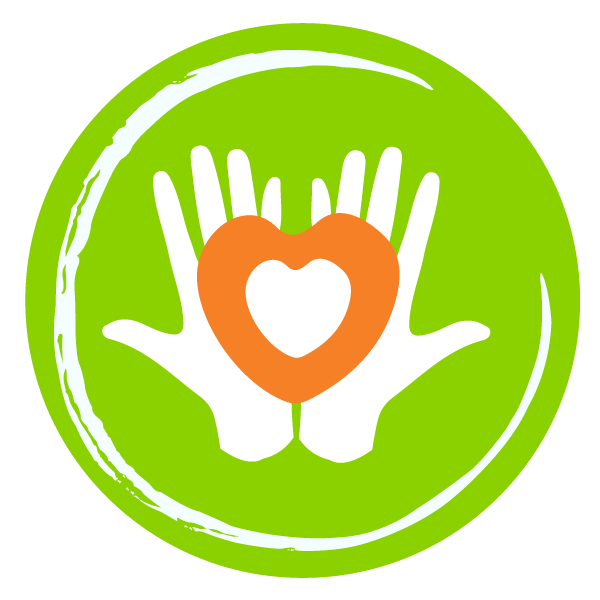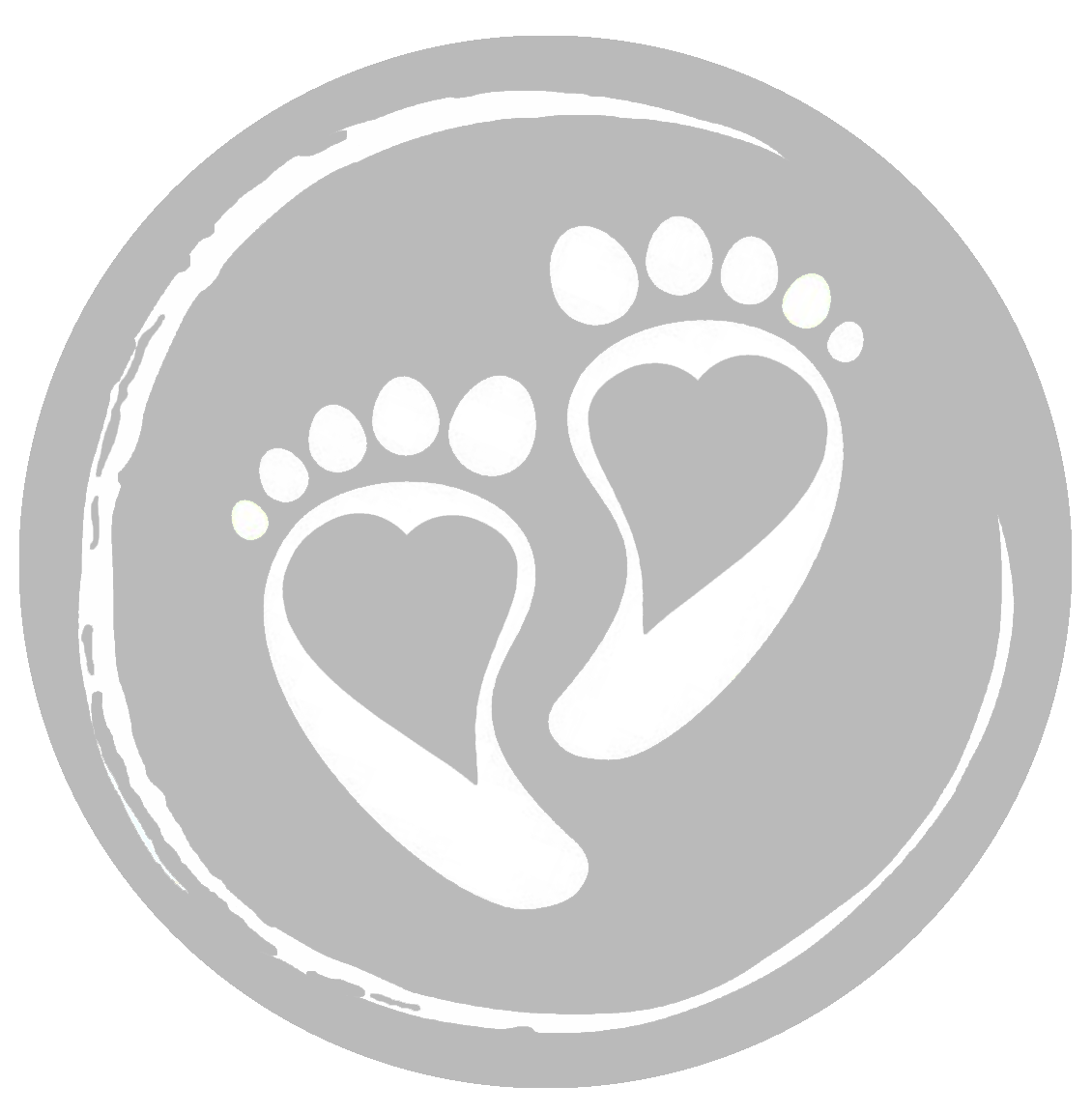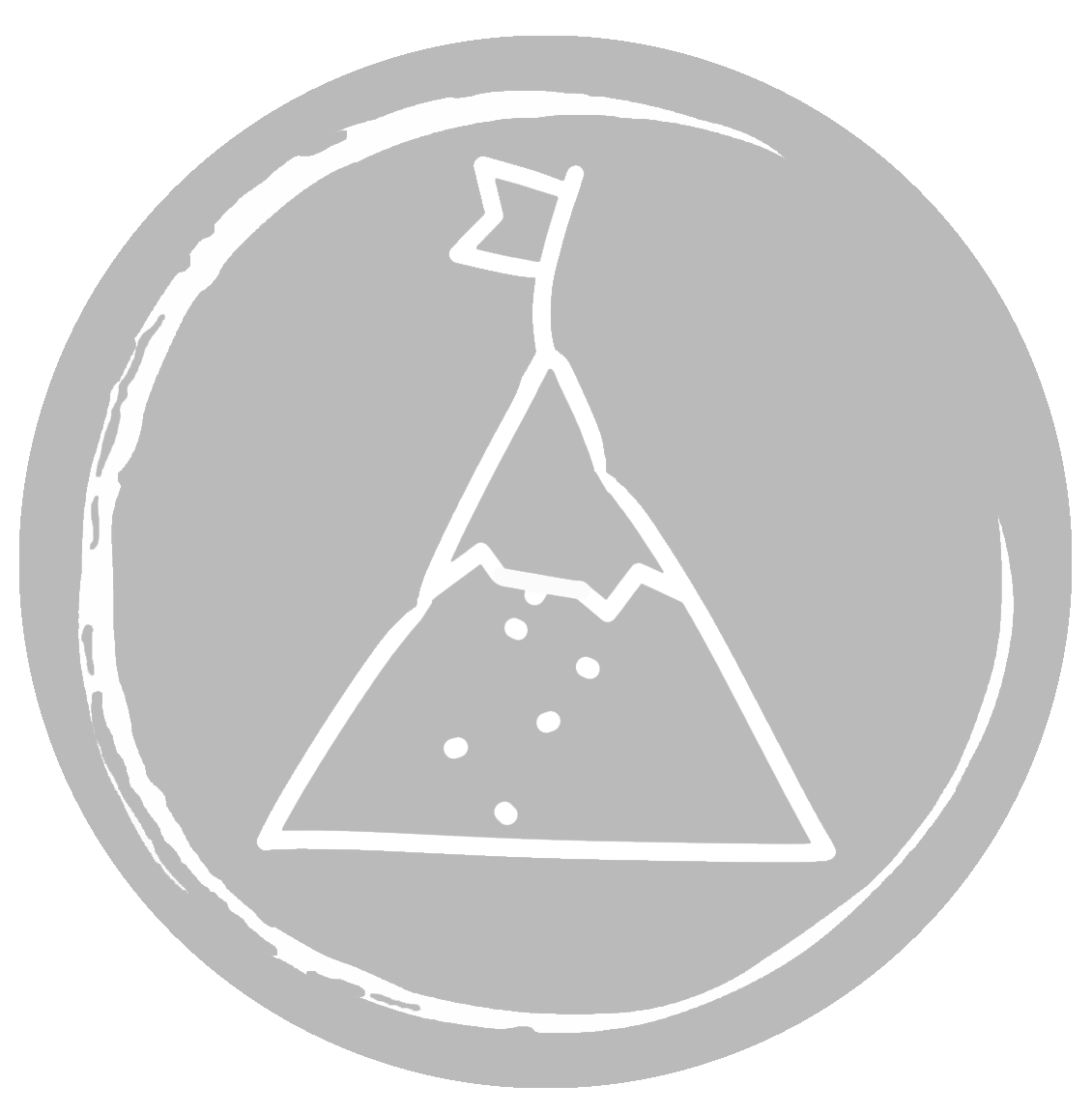I'm walking 7k steps a day this May to support Autistic Australians
I am doing the walk for Autism again, three years running.
Why?
Because Autism is in our family. In fact, neurodivergence is. Autism, often comes with comorbidities.
In short, the world isn't built for Autism or the gammit of conditions and disorders its associated with. In fact, it can be extraordinarily challenging.
It's prevalence is high. 1 in 60 Australians will be diagnosed in ther lifetime. Diagnosis is increasing as more research is dedicated to Autism and neurodiverse conditions.
The more research and education undertaken will lead to more understanding, inclusion, and opportunities. Something that should be offered to everyone.
I'm joining this campaign to ensure a better future for my family, for people who live with Autism and neurodivergent conditions, and for the legends that have to advocate every friggen day to ensure their loved ones wellbeing and success in a world that quite frankly, works against it.
Autism in Australia:
- Autism is more commonly diagnosed in males than females, but research suggests many females are underdiagnosed due to differences in how autism presents.
- The National Disability Insurance Scheme (NDIS) provides support for autistic individuals, and as of 2023, around 40% of NDIS participants have autism as their primary disability.
- In 2018, the Australian Bureau of Statistics (ABS) reported that 83% of autistic people also have at least one other disability or condition.
Common Comorbidities with Autism in Australia:
-
Intellectual Disability (ID):
- Around 30-50% of autistic individuals in Australia also have an intellectual disability, though this varies depending on diagnostic criteria and study methods.
-
ADHD (Attention-Deficit/Hyperactivity Disorder):
- A significant 30-80% of autistic people also meet criteria for ADHD, but historically, Australia followed the DSM-IV guidelines that discouraged dual diagnoses.
- The DSM-5 (adopted in Australia in 2013) now allows for dual diagnosis, leading to increased recognition.
-
Anxiety and Depression:
- Australian research indicates 50-70% of autistic individuals experience anxiety disorders, with generalized anxiety disorder and social anxiety being the most common.
- Around 40-50% of autistic people experience depression, often due to social challenges, sensory sensitivities, and difficulties with employment or education.
-
Gastrointestinal (GI) Issues:
- Studies suggest that 50-80% of autistic individuals in Australia experience gut-related issues, such as IBS (Irritable Bowel Syndrome) and food sensitivities.
- The gut-brain connection is being researched in Australia, with institutions like the Murdoch Children's Research Institute studying the links between microbiomes and autism.
-
Sleep Disorders:
- Up to 80% of autistic individuals experience sleep issues, including insomnia, restless sleep, and circadian rhythm disorders.
-
Epilepsy:
- Around 20-30% of autistic individuals in Australia also have epilepsy, with the highest risk in those with co-occurring intellectual disability.
- The Epilepsy Foundation of Australia supports research into the autism-epilepsy link.
-
Sensory Processing Differences:
- Australian research confirms that sensory sensitivities (to sounds, lights, textures, etc.) are experienced by nearly 90% of autistic people.
- This has led to sensory-friendly initiatives in Australia, such as quiet shopping hours in major supermarkets like Coles and Woolworths.
-
Ehlers-Danlos Syndrome (EDS) and Hypermobility:
- There is growing awareness in Australia of the connection between autism and hypermobility syndromes, with many autistic individuals experiencing joint pain, hypermobility, and autonomic dysfunction (e.g., POTS – Postural Orthostatic Tachycardia Syndrome).
Autism in Australia:
- As of the 2021 Census, approximately 1 in 100 Australians have been diagnosed with autism, with prevalence increasing over the years.
- Autism is more commonly diagnosed in males than females, but research suggests many females are underdiagnosed due to differences in how autism presents.
- The National Disability Insurance Scheme (NDIS) provides support for autistic individuals, and as of 2023, around 40% of NDIS participants have autism as their primary disability.
- In 2018, the Australian Bureau of Statistics (ABS) reported that 83% of autistic people also have at least one other disability or condition.
My Walk Stats

Steps
0
My Goal
98,000


Tash and Steve Shield
$65
Thank you so much to my biggest supporter, Tash and Steve Shield, for donating a trailblazing $65 to help create a more autism-friendly world.




















Keep on doing what you're doing 👏